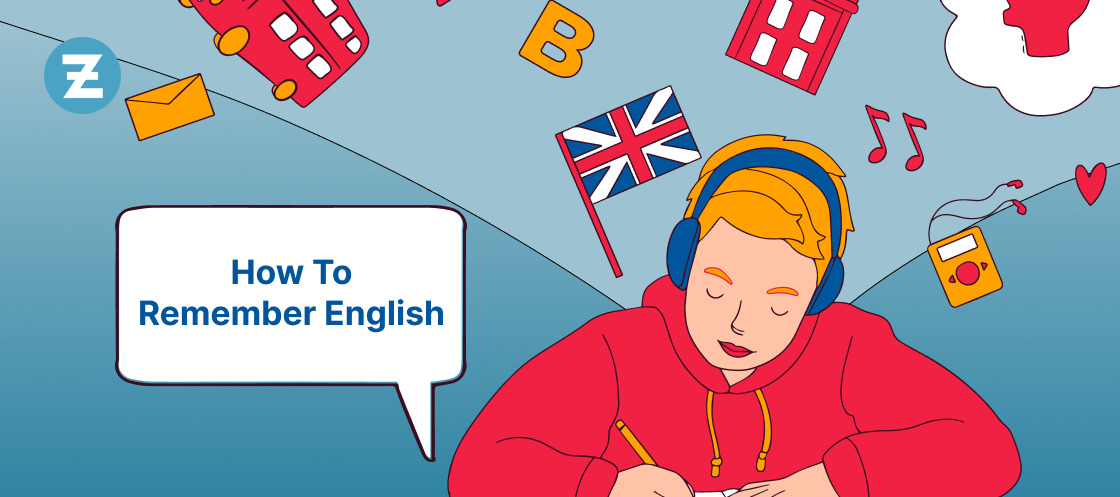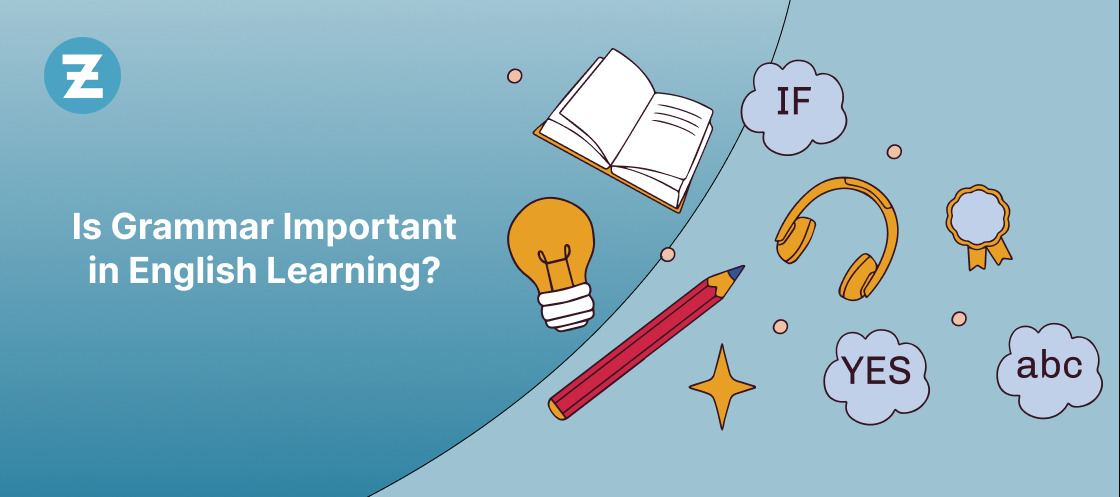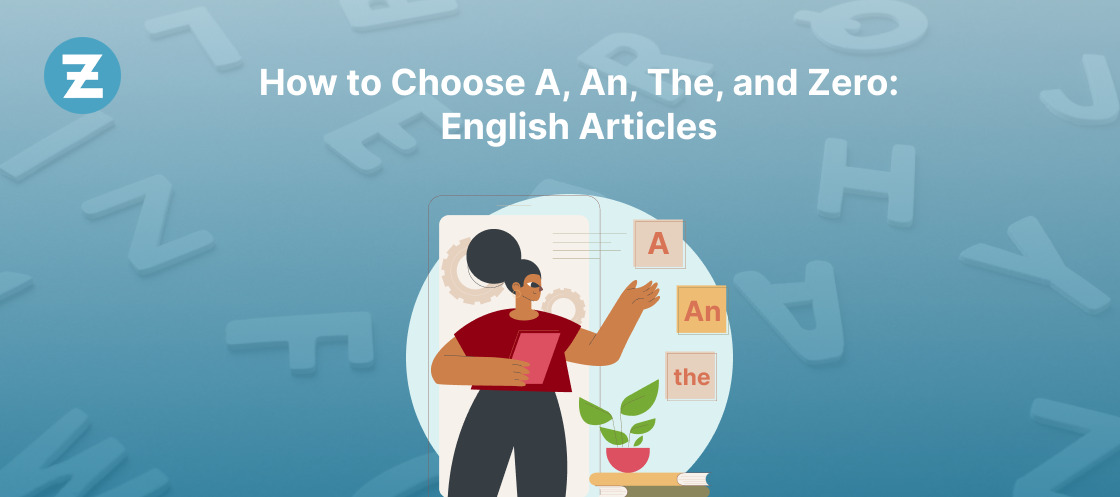Introduction:
We all know it can be tricky to figure out the best way to greet someone, especially in English! How do you start a conversation when you encounter a new acquaintance or an old friend in the workplace? From formal greetings to informal ones and even slang phrases, many phrases are available. Whether you are looking for a way to break the ice or just need a few fresh phrases for “how are you?” we have you covered.
What’s the Deal With “How Are You?”
In our modern world, it is customary to greet someone you don’t know with the phrase “How are you?” This phrase is often used to open a conversation and show concern for the other person, even though it is not meant to be taken literally. In many cultures, especially English-speaking nations, “How are you?” Is the standard greeting, and the appropriate response is a concise affirmative statement.
The phrase “How are you?” may seem like a simple, casual inquiry, but it can actually have a variety of meanings and intentions depending on the context and the relationship between the two people. While it can be used as a social custom to break the ice and make small talk, it can also be a genuine request for someone’s mental or physical well-being. In this case, it is a great way to make a connection and get to know someone better, especially if you don’t know them well.
Uncover the Art of Polite Conversation – Learn Other Ways to Say ‘How Are You?
Looking for a less commonplace way to inquire about someone’s well being? The following alternatives to ‘how are you?’ are great options for when you need a brief response, such as when you run into a friend in an elevator and wish to make conversation. Generally, the individual will reply with a succinct response.
Thus, it could be time to look at some new options if you wish to sound more genuine and explain yourself more precisely. Check out the following for our greeting advice!
How Is It Going?
Using this phrase is a great way to start a conversation and keep it flowing. It’s a casual, friendly greeting that opens the door for further discussion.
How’s Everything?
Using this question shows that you’re genuinely interested in the other person’s life. It’s an open-ended question that encourages them to share what’s happened.
How Have You Been?
This question is a great way to reconnect with someone you haven’t seen or spoken to. It shows that you care and are interested in hearing about what’s been happening in their life.
What’s Been Going On?
This particular query is more playful and casual but still conveys interest in the other person’s life. It can be used to start a conversation with a friend or colleague.
What’s Up?
This is a classic and straightforward way to start a conversation. It’s casual and friendly, letting the other person know you’re open to talking.
How Are You Holding Up?
This phrase is more empathetic and compassionate. It acknowledges that the other person may be going through a tough time and offers support and encouragement.
How’s Life Treating You?
This query is an excellent approach to checking in with someone and learning about their general well-being. This is a broad query that might elicit further in-depth discussion.
Breaking News: What’s New?
Use this query to catch up with someone you haven’t spoken to in a while. It is a free-form inquiry that asks the other person to discuss what has happened in their life.
Checking In: How Are You Feeling Today?
This query is a little more direct and demonstrates your concern for the other person’s emotional well. It’s a fantastic method to engage people more deeply.
Long Time No See!
This phrase is perfect for seeing someone you haven’t seen. It’s a lighthearted and friendly greeting acknowledging the time since you last saw each other.
You’re All Right
This query is a casual and friendly greeting that can be used in any setting. It’s a method to acknowledge the other person and start a conversation without any particular goal.
How to Ask “How Are You?” in a Formal Manner?
Asking, “How are you?” Addressing someone formally is a polite gesture that reflects respect and genuine interest in the other person. When interacting formally, it’s essential to use appropriate language and tone. One standard greeting is ‘How are you?’ but knowing how to ask it formally is important. Using a respectful tone of voice and making eye contact is essential. Respectfully ask your question also.
Here are some examples to do so.
How are you doing today?
The legal question, “How are you doing today?” is used to inquire about someone’s well-being. Introduce yourself and strike up a conversation formally and politely. While speaking to individuals you may not be familiar with, whether in a professional setting or at a job interview, you can use this phrase in various situations.
How have you been feeling recently?
In a polite and considerate manner, you can express your care and concern for someone’s well-being by extending a greeting and inquiring how they are doing. You can show curiosity about someone by asking about their recent progress and well-being. This phrase is frequently used in formal or business contexts, including corporate meetings or doctor appointments.
How is everything with you?
How is everything with you?” This tactic is polite and kind and seeks to learn more about someone’s well-being. It is commonly used in formal or professional contexts to start a conversation or to show genuine concern for the other person. This phrase is a great way to start a conversation and express interest in the other person’s life without getting too deep or personal.
How are you faring these days?
This inquiry provides a formal tone of conversation while demonstrating your concern and attention to the individual you are speaking to.
How are you doing?
It is a polite and official approach to starting a conversation with someone. It both expresses a wish for the person to be in good health and asks how they are doing now. How are you doing conveys a degree of seriousness and regard for the recipient.
How are things going for you lately?
They asked someone how they’re doing or how their most recent experiences have been formally done using this phrase.
How to Ask “How Are You?” in an Informal Manner?
When asking someone, “How are you?” Keeping the conversation pleasant and welcoming in a casual atmosphere is important.How you ask this question can vary greatly depending on the context and the relationship between you. It’s typical to inquire “How are you?”, when talking casually with friends and family or in an informal manner.
These are a few informal ways to ask someone, “How are you? “
1. How have you been keeping up?
It signifies that the speaker and the recipient have a casual or pleasant relationship. “Keeping up” suggests that the speaker may be aware of recent events or conditions involving the recipient.
2. What’s been going on?
While utilizing this language style, the speaker casually asks the recipient whether there have been any recent changes in their lives. The easy and informal tone of the phrase suggests that the two people are friendly with one another.
3. How’s life?
It is an easy and friendly way to check in with someone and ask how they are doing. It’s a casual and informal question, implying a warm and pleasant conversation between you. By asking this, you show that you care about their well-being and want to stay in touch.
4. How are you holding up?
One could ask this in a casual manner to check how someone is managing a specific situation or life in general.
5. What’s up?
A common way to start a conversation or to see how someone is doing is by asking “What’s up?” It is an informal language term used to ask someone what they are doing or what their current activity consists of.
6. How’s it going?
Asking “How’s it going?” is a relaxed, informal way to inquire about someone’s state of health or current circumstances. It’s a laid-back approach to initiate a conversation or catch up with someone, commonly employed when talking to friends and acquaintances.
7. How’ve you been?
As a friendly and informal way of checking up on someone’s current condition or activities, one might inquire, “How have you been?”
8. What’s new?
One might ask “What’s the latest?” as a casual and informal way to inquire about any recent developments in someone’s life. This question is often used among friends and acquaintances to initiate a conversation or check in with one another in a relaxed manner.
How to Ask “How Are You” Idiomatically Way
Inquiring about someone’s current state of being and activities can be done in a more conversational manner than simply asking “How are you?”. Some alternative phrases which may be used include “What’s up?”, “How’s it going?”, or “How have you been?”. It is important to make sure that the language used is appropriate and easily understood in order to ensure that the intended meaning is accurately conveyed.
How’s life treating you?
“How’s life treating you?” is an informal and idiomatic way of asking about someone’s general well-being and how things are going for them.
What have you been up to lately?
It is a simple and idiomatic phrase to inquire about someone’s recent pursuits or activities.
How’s everything going?
The term “How’s everything going?” is used to casually enquire about someone’s general well-being or present circumstance. It might be interpreted as a kind salutation or a means to express interest in the other person’s life.
How to Respond “How Are You” in a Professional Way
Maintaining communication with our dear ones is vital, and inquiring about their well-being is a simple way to do so. When addressing colleagues, however, it is equally essential to phrase the question more delicately. Thus, it is critical to pay attention to how we word the inquiry.
For instance, it’s preferable to inquire, “How are things going?” or “What’s new?” instead of the casual “How are you?” when addressing a coworker or business partner.
Depending on the situation and the connection, there are different ways to approach this topic. Here are a few appropriate ways to ask someone how they are.
1. What has been going on?
Asking someone how they are doing in this way is more exciting and intimate. It demonstrates that you are more engaged than just asking someone how they are.
2. How are you doing?
This phrase is more straightforward and enables the other person to respond with more critical information.
3. How are things going?
Using this phrase is a decent way to check on someone’s welfare without coming across as pushy.
4. What’s fresh?
A great way to initiate a conversation and gain a more comprehensive evaluation of someone’s condition is by using this excellent technique.
5. How are things?
It is a simple and courteous way to inquire about someone’s well-being.
6. What have you been thinking about lately?
It is an effective way to demonstrate your concern for others’ feelings.
7. How are you doing with life?
This more comprehensive question gives the respondent more room to elaborate.
It’s crucial to be genuine when you ask someone, “how are you?” regardless of your method. A fantastic way to show someone you care about and are interested in them is to ask how they are doing.
How should you respond when someone says “How are you?”
Answering “How Are You” in a formal way
A typical technique to strike up a discussion or demonstrate your concern for someone is to ask them, “how are you?” Although it is always flattering to be questioned about one’s health, it is crucial to know how to respond appropriately in a professional setting. Here are several appropriate responses to the query, “How are you?”
- Thank you, I’m doing great.
- Thank you for asking, I’m doing fine.
- I’m doing about as best as I can.
- How are you doing? I’m OK.
- I’m doing fine, and I appreciate your concern.
Example of how they are used are:
You can say, “I am doing great, just trying to get through the day,” if an old buddy asks you how you are doing. Who are you?”
Answering “How Are You” in a Informal way
When someone asks “How are you?” in a casual setting, it’s often ok to answer in a brief and neutral way.
Here are some examples list down below:
- I’m doing great, thanks! How about you?
- Not too bad, how about yourself?
- Pretty good, just trying to stay busy. And you?
Answering “How Are You” in a Idiomatic Ways
Depending on the situation, the person you’re speaking to, and how you’re feeling, there are many ways to respond to the inquiry, “How are you?” Living the dream!
Idiomatic responses to this question are as follows:
- Not too bad
- Pretty much the same
- I’m hanging in there
- I’m doing great, thanks!
Answering “How Are You” in a Professional Ways
When someone asks how you are, it is not a good idea to elaborate on your current mental condition. An appropriate and professional response is preferable.
“I’m doing well, thank you,” is a polite and respectful reply to the question, “how are you?” How do you feel, then? This response formally recognizes the query and returns it to the original requester.
A few examples of appropriate responses include:
- I’m doing well, thank you. How are you?
- I’m doing great, thank you for asking.
- I’m doing well, thank you. What can I do for you?
- I’m doing very well, thank you. How may I help you?”
Answering “How Are You” in a Funny Ways
How are you?” can be answered in various humorous ways. You could answer jokingly or sarcastically, depending on the situation. You can utilize puns and jokes to add some flair to your response.
Here are some hilarious answers to this typical query.
- I’m better than I deserve!
- I’m living the dream!
- I’m better than a slice of bacon.
- I’m happy as a clam!
- I’m as cool as a cucumber!
Conclusion:
At Zoundslike, you can learn different English expressions for “How are you?” Even though it is a common greeting, it is required for polite conversation and can indicate that you actually care about the other person’s well-being. You can have more meaningful conversations and establish better bonds by utilizing different greetings, such as “How’s it going,” “How have you been,” or “How are things.” You can improve your English communication abilities by using these simple expressions. Also, you may improve your language’s adaptability and flexibility while developing more interesting conversations by studying and using these expressions.







